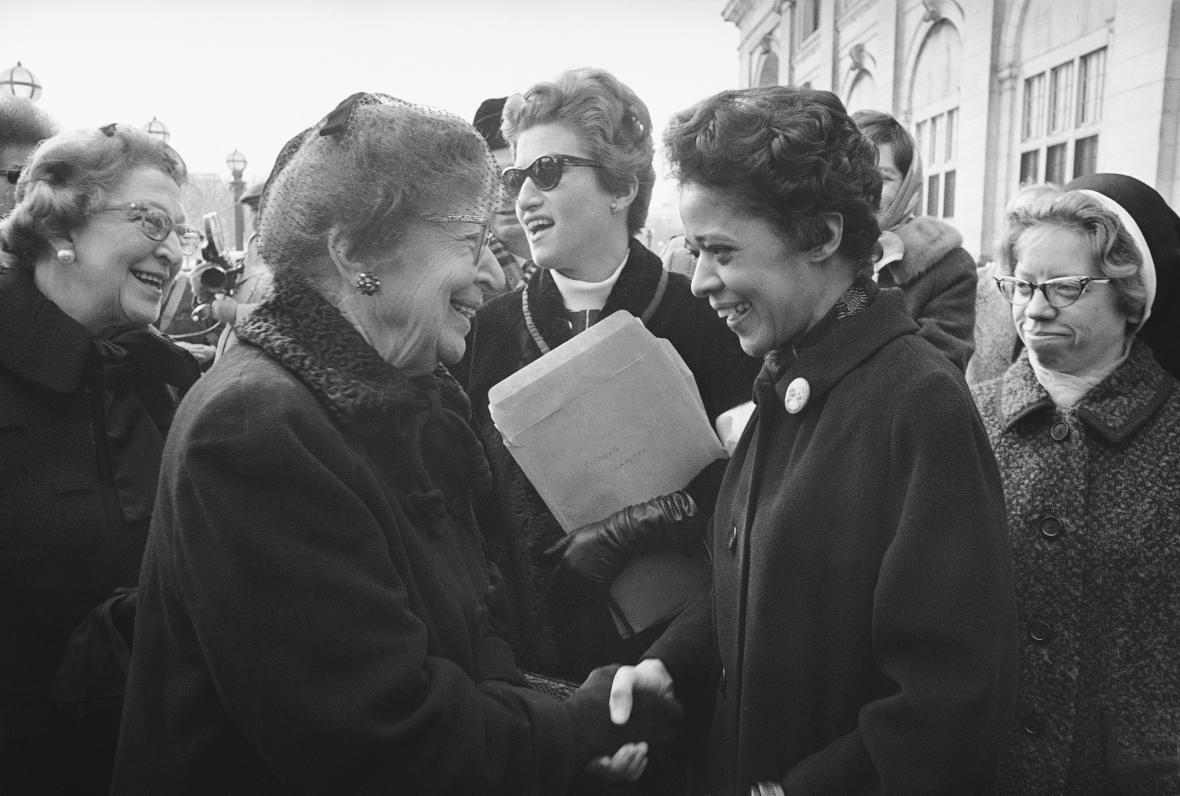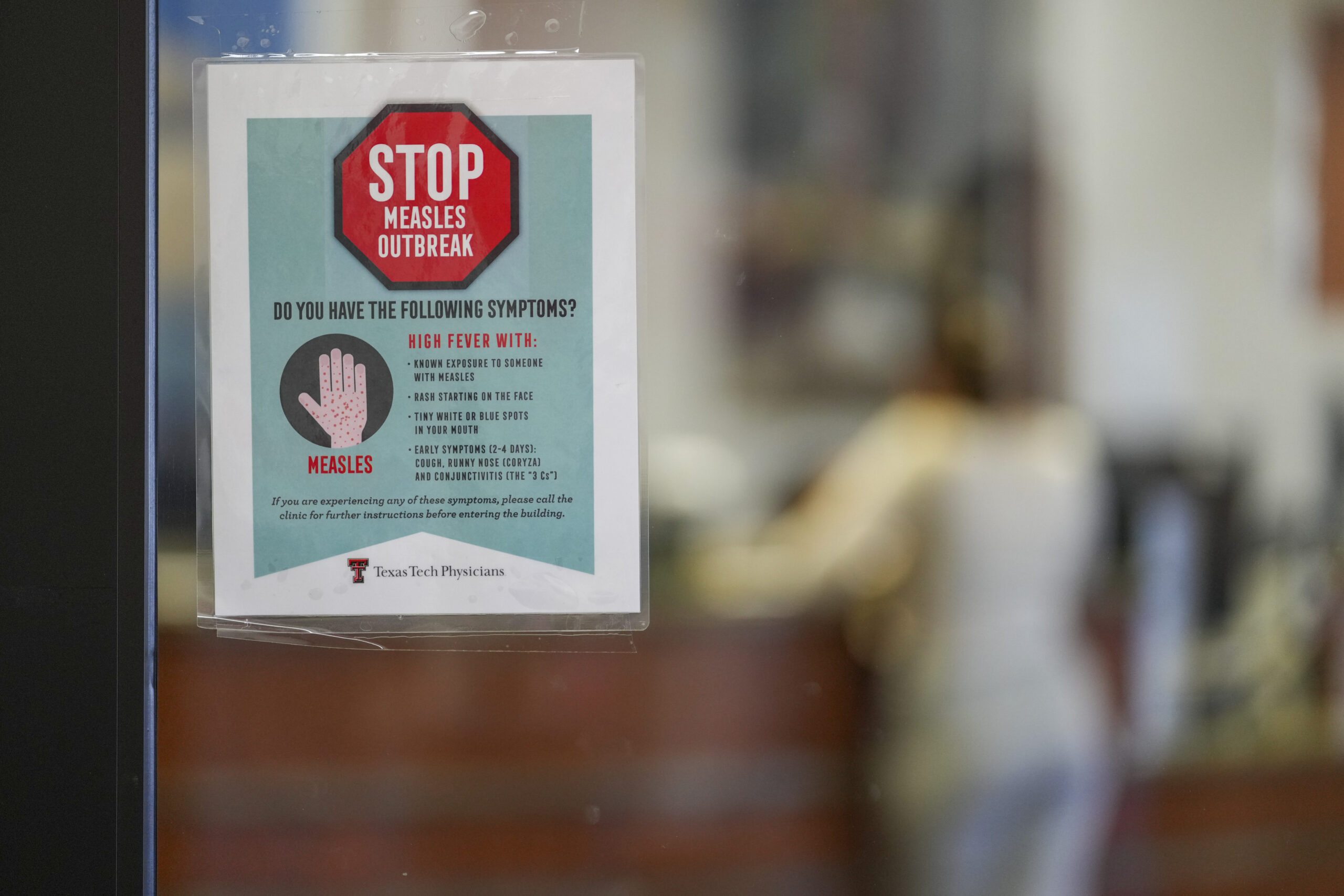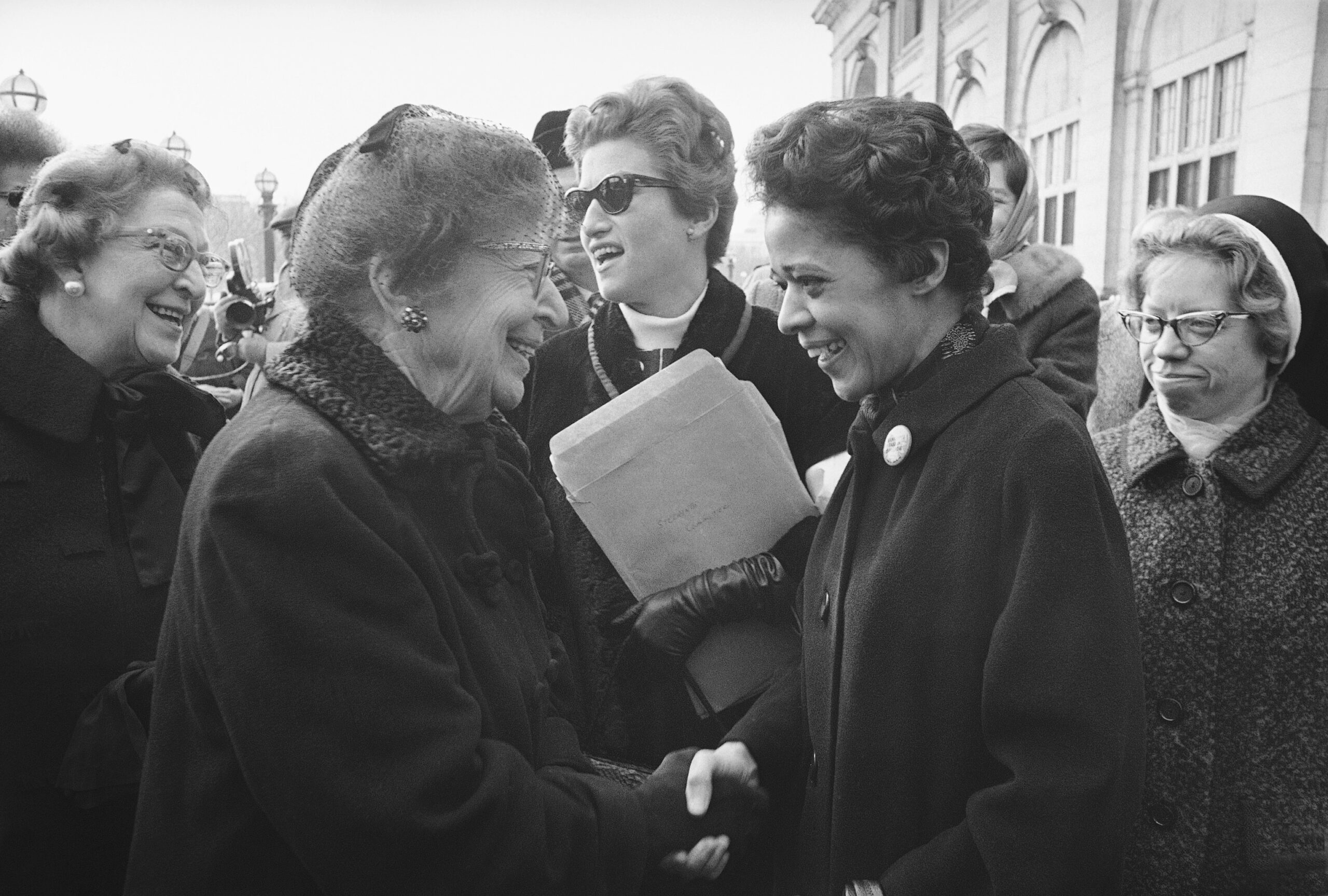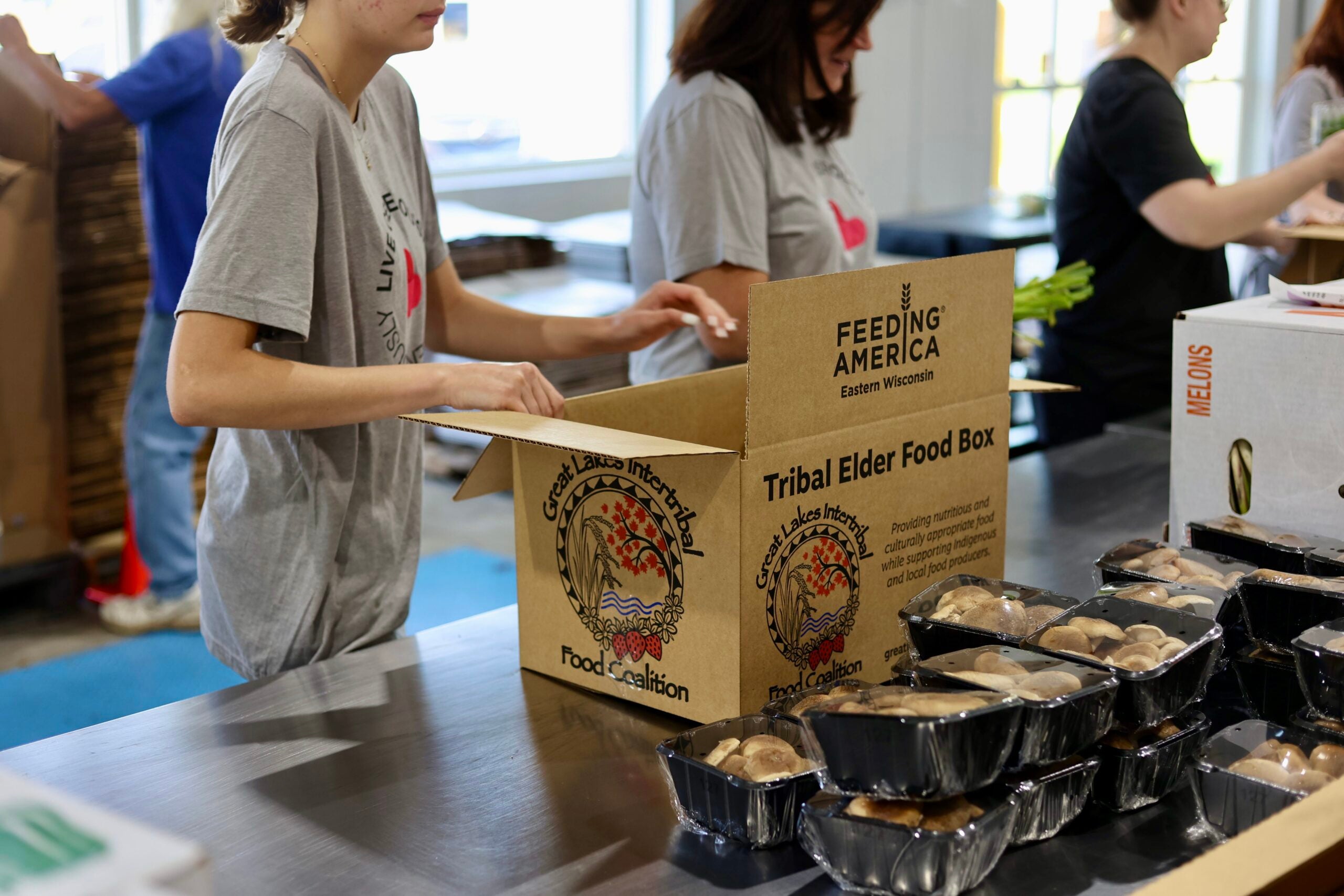Vel Phillips, Wisconsin’s first Black secretary of state, will be honored with a statue on the state’s Capitol grounds.
The Capitol and Executive Residence Board voted unanimously Monday to erect the statue of Phillips.
Phillips, who died in 2018, broke a number of gender and race barriers throughout her career.
Stay informed on the latest news
Sign up for WPR’s email newsletter.
She was the first Black woman to graduate from the UW-Madison School of Law in 1951 and the first woman, as well as Black person, to serve on the Milwaukee City Council and to become a Wisconsin judge.
The statue is expected to be placed at the corner of West Main and South Carroll streets in late 2022 or early 2023, according to the Milwaukee Journal Sentinel.
Vel Phillips’ son, Michael Phillips, said Monday was a historic day for Wisconsin.
“She’d be proud,” he said. “My mom has certainly done a lot of firsts, and we know that. But this is a moment to look forward to some of the firsts that we can anticipate.”
Wisconsin DHS: COVID-19 Weekly Recap
This week was a big one for COVID-19 vaccine news: Children as young as 5 years old can now be vaccinated against COVID-19.
A Centers for Disease Control and Prevention panel voted Tuesday to recommend the Pfizer vaccine for children ages 5 to 11. CDC Director Rochelle Walensky signed off shortly thereafter and shots began to be given across the country that night.
Wisconsin parents and guardians were frantically checking pharmacy and health system websites searching for appointments.
In the United States, about 28 million more children are eligible for the COVID-19 vaccine. In Wisconsin, almost 495,800 children are eligible, according to the state Department of Health Services.
Pfizer’s data shows the vaccine is safe and 90.7 percent effective in preventing symptomatic COVID-19 infections among the age group.
The two-shot vaccine is one-third of the dosage adults and older children have received. The shots for the youngest age group will be given three weeks apart.
To find a vaccine near you, visit https://www.vaccines.gov. DHS also offers a hotline to help residents find appointments: 844-684-1064.
The seven-day average for new COVID-19 cases in Wisconsin is 2,057 as of Friday. DHS has confirmed 8,597 total deaths from the disease.
Fifty-five percent of Wisconsinites are fully vaccinated — 83.7 percent of people age 65 and older and 45.2 percent of children age 12-15.
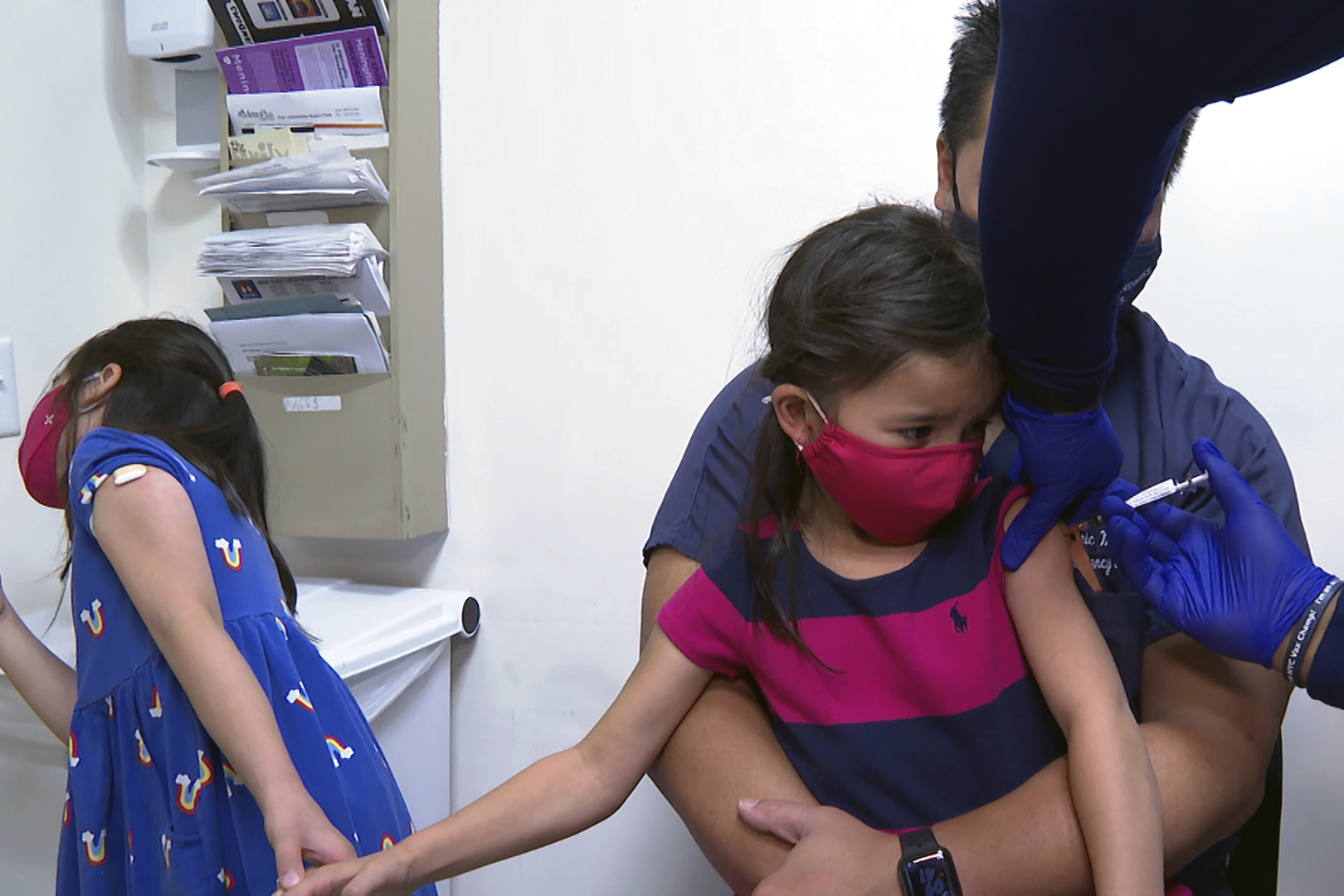
These film characters have 1 thing in common: Milwaukee
Milwaukee is home to many things: the Brewers, the Bucks, Harley Davidson, Pabst Blue Ribbon, the list goes on.
It’s also home to the following fictional characters: Jack Dawson from “Titanic,” Mr. White from “Reservoir Dogs,” Jenny Hayden from “Starman,” among others.
“These people are imaginary; their authors could give them any hometown they wanted — so why, I wondered, of all places, give them a background in Wisconsin?” asked Parker Winship of the Milwaukee Record.
Pilot Tribal Elder Food Box Program will reach more than 10K people
In July, the state started the Tribal Elder Food Box Program, which is a partnership between Feeding Wisconsin, the Intertribal Agriculture Council and the Indigenous sovereign nations of Oneida, Menominee and Red Cliff Ojibwe, reports U.S. News & World Report.
The pilot program delivers 900 food boxes every two weeks to Indigenous elders on Oneida, Menominee and Red Cliff reservations.
The Tribal Elder Food Box Program will run through December. More than 10,000 boxes will have been delivered to tribal elders by that time.
“That population (tribal elders) has always stayed a little bit hidden,” said Patti Habeck, CEO and president of Feeding American Eastern Wisconsin. “The senior population is always hard to serve, anyway, because there are issues of pride and a lot of our seniors don’t raise their hand to say they need help very often. And on tribal lands, it can even more so (challenging) because there’s a special nutritional need and there’s all these other pieces to it.”
The deliveries include Indigenous food, such as buffalo meat from Oneida Nation Farm, wild caught fish, and Three Sisters crops of corn, beans and squash. But many of the products were not from Indigenous sources, and organizers plan to expand those sources when they reinstate the program next year.
They also plan to expand the program to other Wisconsin tribes.
The whys and hows of cranberry fruit rot in Wisconsin
This month’s Science on Tap Minocqua speaker is Leslie Holland. She’s an assistant professor and extension specialist for the University of Wisconsin-Madison, researching the diagnosis, biology, and management of pathogens that affect fruit grown in Wisconsin.
This rot is more common in cranberries, Holland told WXPR.
“A huge influence of this disease is actually the environment. When the conditions are particularly conducive, it’s very wet in the marshes before harvest occurs. It could really help the fungal pathogens to grow and invade the fruit,” she said.
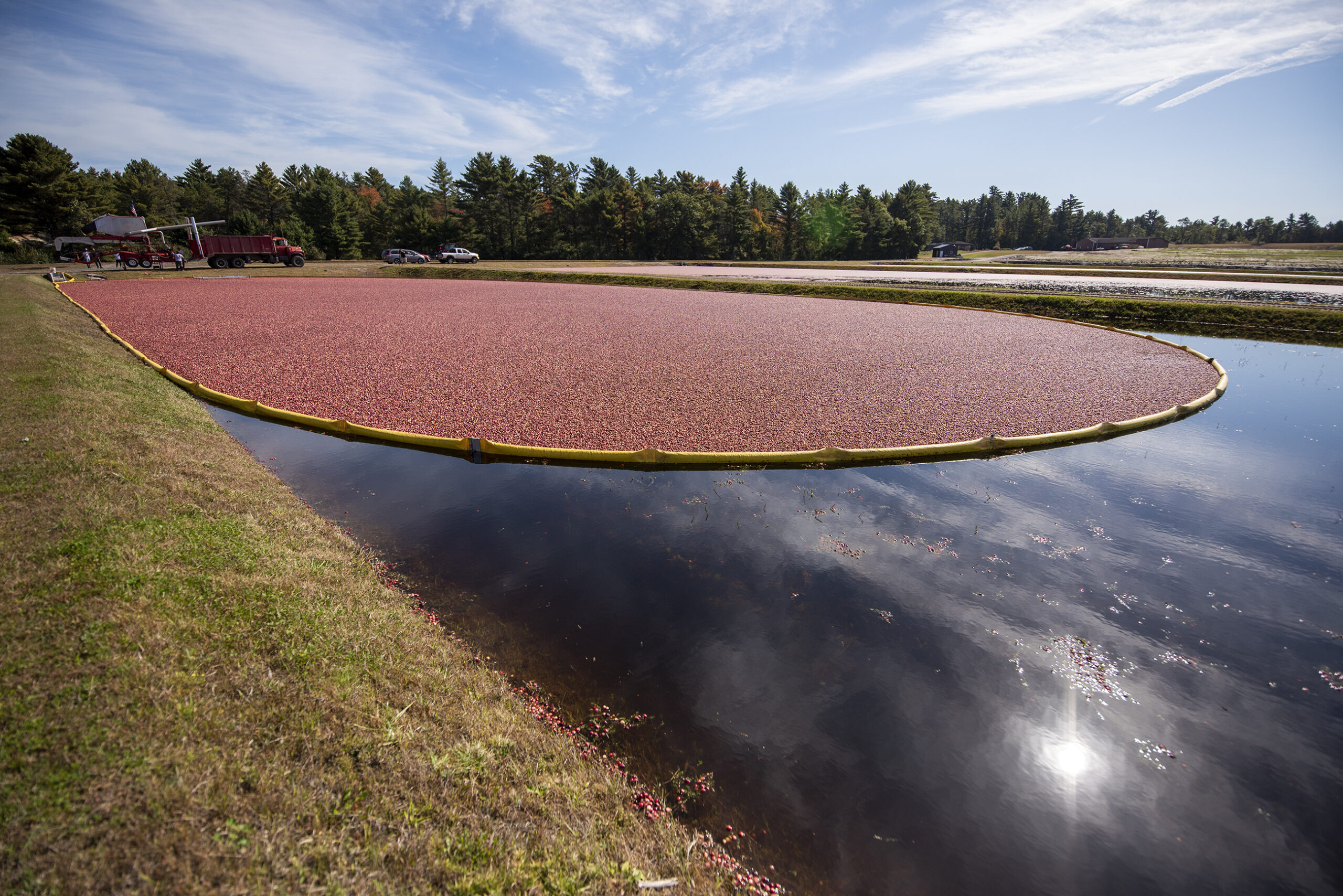
State inmates will receive photocopies of personal mail
Inmates in Wisconsin state prisons will receive photocopies of their personal mail and not the originals beginning next month.
The state Department of Corrections is implementing the new policy to stop the infiltration of paper laced with a synthetic drug called K2 or “spice” which is smoked and can cause violent behavior, symptoms of psychosis and other problems.
The policy was originally established in April at Fox Lake Correctional Institution.
Corrections officials say there have been 182 negative “incidents” related to the drug in state prisons in September, including 16 medical emergencies. Corrections officials have hired an outside company to process the photocopying.
Veterans Day ceremonies in central Wisconsin
Veterans Day is Thursday. Here’s a list from the Wisconsin Rapids Tribune of some events to honor the day across Wisconsin.
Events will take place in Wisconsin Rapids, Stevens Point, Wausau, Plover, Rome, Neillsville and Pittsville.
This week’s elections brought ‘recognition — and renewed anger’
Last summer, fights for racial justice were at the forefront of society, and questions surrounding it have been key in election races across the board in the U.S.
But election results from Tuesday weren’t what many activists had in mind.
Voters in Minneapolis, where George Floyd was murdered by a police officer, rejected a proposal to replace the city police department. In Virginia, Republican Glenn Youngkin won the race for governor. And U.S. Senate Republicans blocked debate on a third voting rights bill on Wednesday.
“For many civil rights leaders, this week’s events brought a recognition — and renewed anger — that the political terrain over the past year has moved from one where Republicans were not only attacking proposals that came out of the summer of 2020 but were now realizing significant gains at the ballot box because of them,” the Washington Post reports.
There’s a lot that both Democrats and Republicans are taking away from the elections this week, reflecting on how to change their strategies as they move forward, especially when it comes to those conversations around race.
“Progressive values are of significant importance to the Democrats. But it’s clear that outside of perhaps the East and the West Coast, how those progressive values are implemented, or even agreed upon by progressives or liberals or Democrats, themselves varies,” said Ravi K. Perry, chair and professor of political science at Howard University. “And that’s what we saw in Minneapolis.”
Editor’s note: The Associated Press contributed to this report.
Wisconsin Public Radio, © Copyright 2025, Board of Regents of the University of Wisconsin System and Wisconsin Educational Communications Board.
